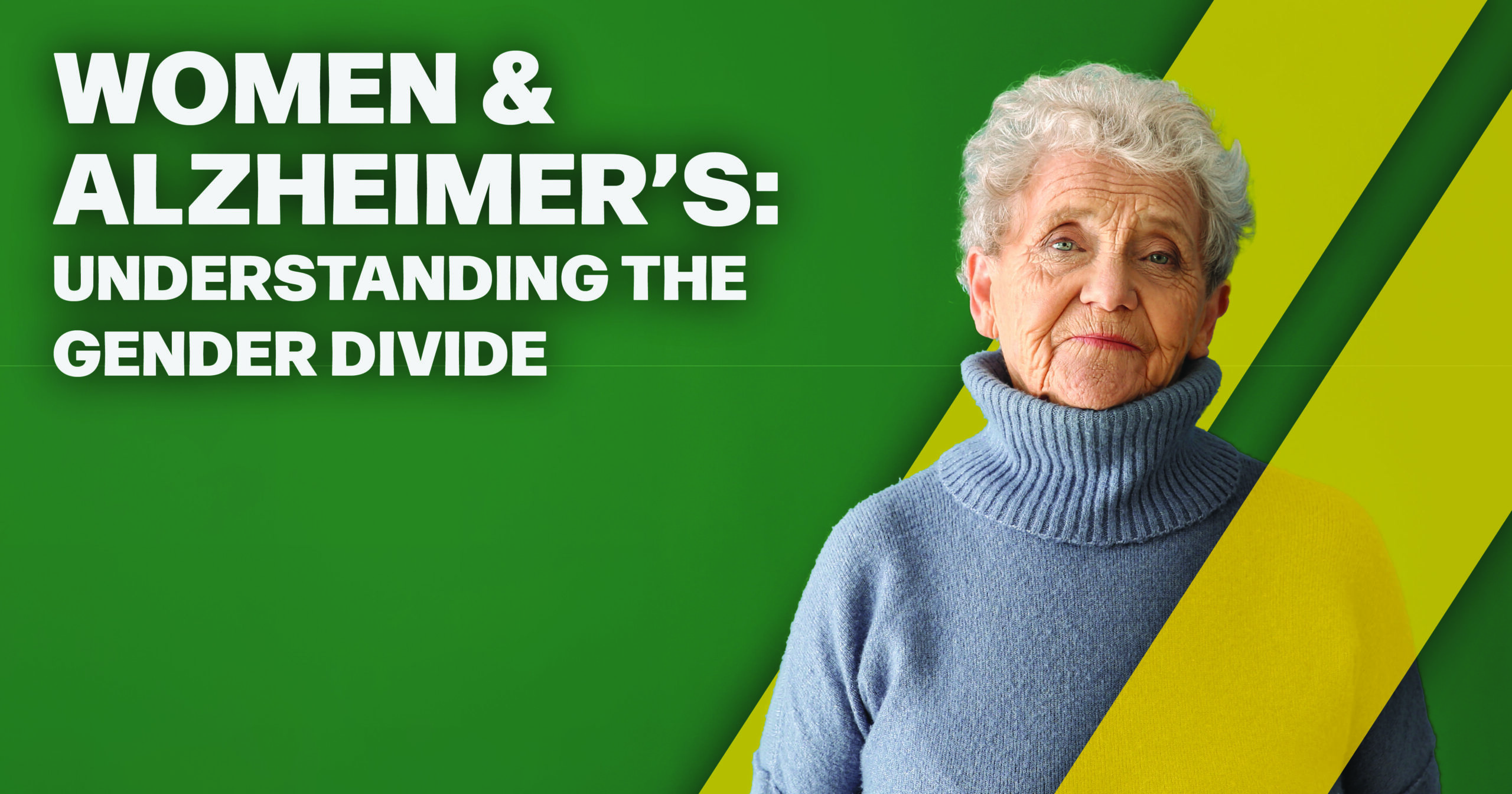Women & Alzheimer’s – Understanding the Gender Divide
Alzheimer’s disease (AD) is the most common form of dementia, affecting millions worldwide. But did you know that women are disproportionately impacted? Nearly two-thirds of Americans living with Alzheimer’s are women, and women also make up the majority of caregivers for those with the disease. Understanding this gender divide is essential for improving both prevention and treatment strategies.
Why Alzheimer’s Affects Women Differently
Researchers are uncovering important differences in how Alzheimer’s develops and progresses in women compared to men. While women tend to live longer—and age is the greatest risk factor for Alzheimer’s—that’s not the whole story. Studies suggest biological, genetic, and hormonal factors may also increase women’s risk.
For example, changes in estrogen levels during and after menopause may influence brain health and memory. Certain genetic variations, such as carrying the APOE-ε4 gene, also appear to have a stronger impact on women than on men.
Women as Caregivers
The gender divide doesn’t stop at risk. Women are also more likely to serve as caregivers for family members living with Alzheimer’s—often spouses, parents, or siblings. This dual impact means women bear the burden of the disease both personally and socially, leading to increased rates of stress, depression, and financial strain among female caregivers.
Research Gaps in Women’s Brain Health
For decades, many Alzheimer’s studies have not fully accounted for sex differences in brain structure, hormones, or lifestyle factors. This has left significant gaps in our understanding of why women are more vulnerable. Thankfully, this is changing.
New research is now focusing specifically on women’s brain health—examining how hormonal changes, cardiovascular health, and other female-specific factors affect memory and cognition. These studies are essential to developing prevention strategies and treatments tailored to women.

Why Women’s Participation Matters
To close the research gap, more women need to participate in clinical trials and memory studies. By joining these studies, women can play a vital role in helping researchers uncover answers and design better interventions that reflect their unique needs.
Moving Forward
Alzheimer’s affects us all—but it does not affect us all equally. By recognizing the gender divide, supporting women in caregiving roles, and encouraging female participation in research, we can move closer to better prevention and treatment for everyone.
If you are interested in learning more about current memory studies at our site—or know a loved one who may be eligible—we encourage you to reach out. Together, we can advance research that makes a difference.


